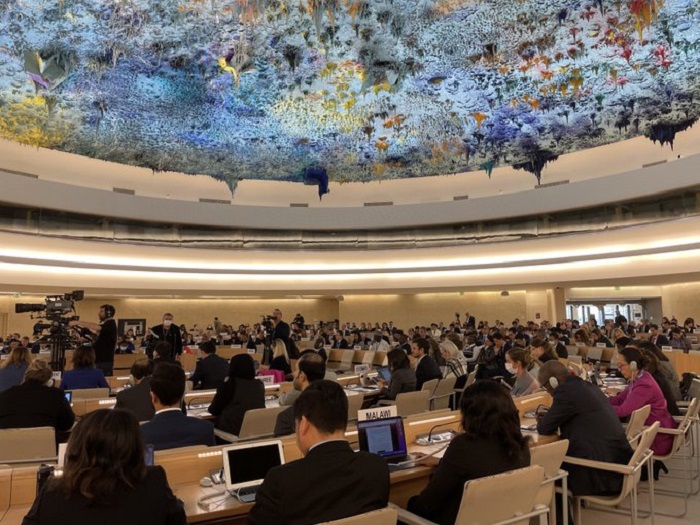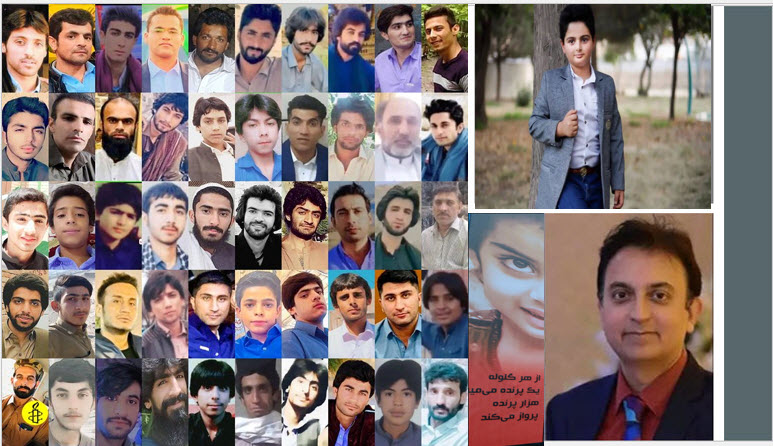
The meeting to approve the fact-finding mission was called at the request of Germany and Iceland to discuss Iran’s human rights situation. On November 24, a resolution condemning the regime was passed with 25 votes in favor, six against, and 16 abstentions.
“We have seen waves of protests in recent years, calling for justice, equality, dignity, and respect for human rights,” said Volker Turk, UN High Commissioner for Human Rights. “They have been met with repression and violence. The use of unnecessary and disproportionate force must end.”
“The old methods and the fortress mentality of those in power simply do not work,” he added. In fact, they exacerbate the situation. We are now in the midst of a full-fledged human rights crisis.”
“Structural impunity has fuelled widespread patterns of unlawful killings, enforced disappearances, torture, and other serious human rights violations in Iran,” said Javaid Rehman, the Special Rapporteur on Human Rights in Iran.

The regime’s reaction to the approval was one of rage and desperation. “While our rights are being violated through the imposition of unilateral coercive measures and the hosting of groups that have claimed 17,000 of our lives,” said Kazem Gharibabadi, International Deputy and Secretary of Human Rights in the regime’s Judiciary, “holding a special session of the Human Rights Council on Iran is a treacherous act.”
“The resolution of the special meeting of the Human Rights Council is interference in the internal affairs of the system,” said Zohreh Alahian, the head of the regime’s Human Rights Committee of the Majlis Commission. “The MEK was equipped by the same countries.”
It should be noted that this is the first time since 1979 that a fact-finding Committee has been formed to investigate the regime’s human rights violations. Previously, the case of the Iranian regime was handled by a special rapporteur for human rights.
Since the establishment of the United Nations Human Rights Commission, there has been a special rapporteur mechanism. A special rapporteur was appointed for each country where there was an allegation of widespread and systematic violation of human rights.
Naturally, these individuals presented their reports, which were passed up to the Human Rights Commission and then to the Economic-Social Council, but the reports lacked an executive component. With the formation of a fact-finding committee, and report on the regime’s human rights violations will not go unnoticed.
According to the regime’s jurisconsults, the regime has three options for dealing with the new situation. First, by establishing an independent internal commission and making its findings public; second, by cooperating with the International Commission; and third, by refusing all cooperation and recognition.
The regime is practically forced to choose the third path, which will place it in a very dangerous situation. This will only serve as an additional justification for foreign military intervention; referral of possible crimes to the International Criminal Court and recourse to the doctrine of ‘Responsibility to Protect’ for military intervention.

MEK Iran (follow us on Twitter and Facebook), Maryam Rajavi’s on her site, Twitter & Facebook, NCRI (Twitter & Facebook), and People’s Mojahedin Organization of Iran – MEK IRAN – YouTub







